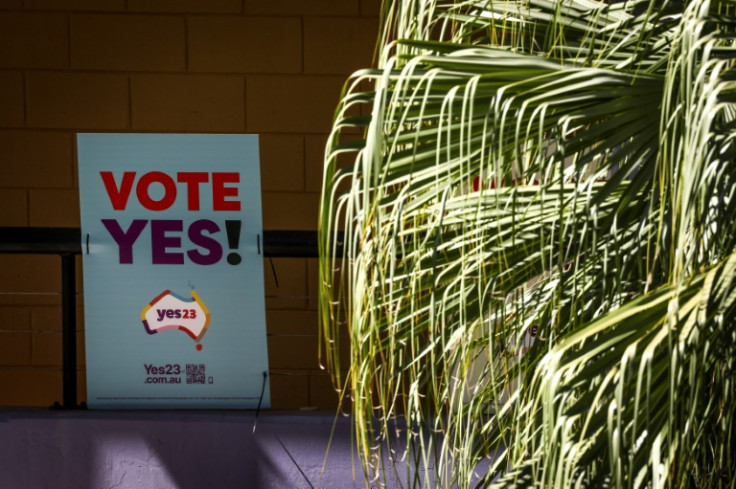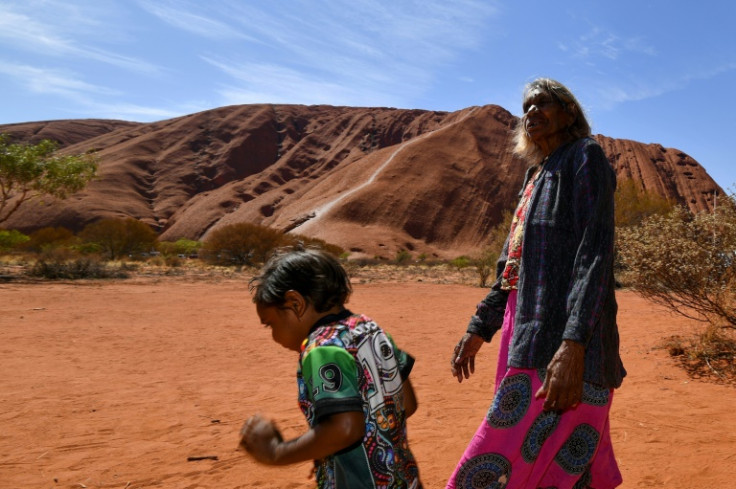Australia To Hold Indigenous Rights Referendum On Oct 14

Australia will hold a historic Indigenous rights referendum on October 14, Prime Minister Anthony Albanese said Wednesday, setting up a defining moment in the nation's relationship with its Aboriginal minority.
"On that day, every Australian will have a once-in-a-generation chance to bring our country together, and you change it for the better," Albanese said as he announced the date for the binding vote.
"October 14 is our time. It's our chance. It's a moment calling out to the best of our Australian character."
If passed, Indigenous Australians -- whose ancestors have lived on the continent for at least 60,000 years -- would be recognised in the constitution for the first time.
They would also gain a constitutionally enshrined right to be consulted on laws that impact their communities, the so-called "Voice to Parliament".
With the "yes" campaign trailing in the polls, there are fears that a failed referendum could damage inter-race relations, tarnish Australia's global reputation and squander a once-in-a-generation chance to reduce pervasive inequality.
"Voting no leads nowhere, it means nothing changes. Voting no closes the door on this opportunity to move forward," Albanese said, while urging the country to "rise to the moment".
"Don't close the door on the next generation of Indigenous Australians."
The government says Aboriginal Australians carry the flame of the world's oldest continuous culture.
But more than two centuries after the first British settlers dropped anchor in Sydney Harbour, they are still far more likely to die young, live in poverty, and wind up in prison.
The Voice is by no means universally popular -- some fear it would taint the constitution, while many Indigenous Australians believe it does not go far enough.
Conservative Senator Jacinta Nampijinpa Price, an Indigenous Australian who opposes the Voice, has decried it as "the most divisive referendum that our country has endured".
"I think all of us here are looking forward to it coming to an end so that we can actually get on with doing the real work and addressing the real problems that our country faces," she said before Albanese's announcement.
Initial surveys hinted at broad support for the proposal but this has faltered as political bickering has intensified in recent months, pollster William Bowe told AFP.
Bowe said "support was over 60 percent last year, but has been on a downward arc" as more Australians were convinced to stick with the status quo.
For the referendum to pass it needs to win a majority of votes in a majority of Australia's eight states and territories.
One poll on the eve of Albanese's announcement found slim support in the key state of South Australia, while a different survey in Tasmania had respondents leaning towards no.
Former conservative foreign minister Julie Bishop warned this week that a no vote would send a "very negative message" to the world about Australia's respect for racial equality.

© Copyright AFP 2024. All rights reserved.





















